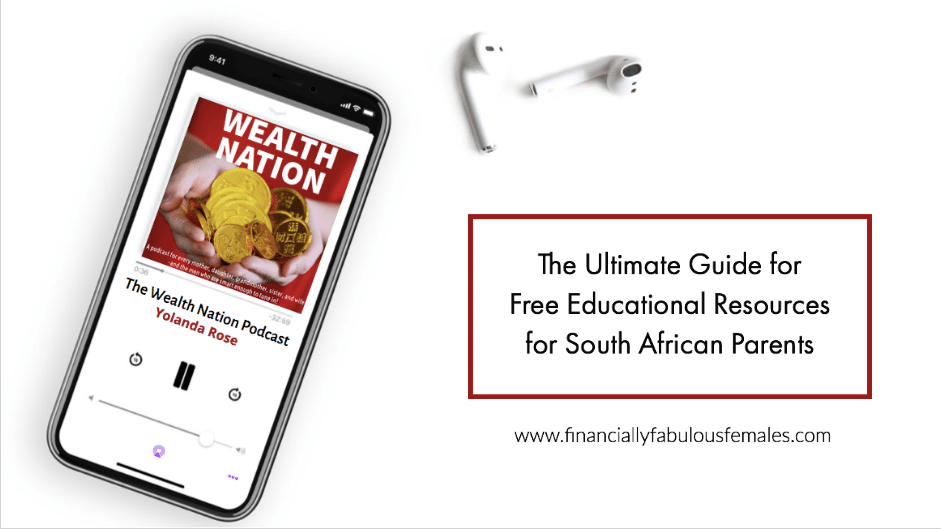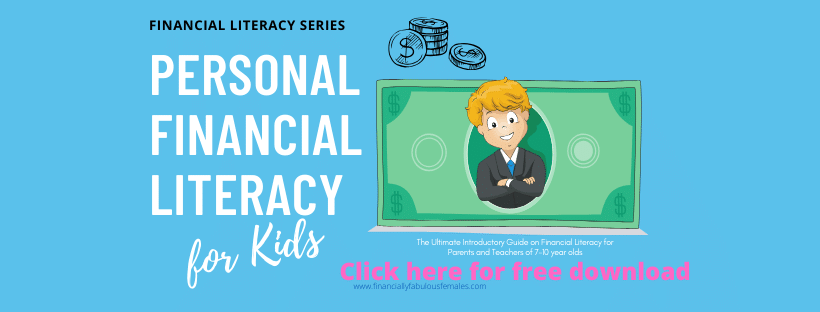
South African telecommunication networks have zero-rated many learning sites, which means materials can be downloaded for free. This makes a huge difference to parents who may have limited data plans and are worried about running up online bills.
1. Telkom has zero-rated the websites of universities, technical and vocational training Colleges, and provides links to maths and science learning pages. The Khan Academy site is also zero-rated, providing massive online learning resources to a global audience.
2. MTN and Vodacom have also zero-rated many learning sites. Vodacom provides a comprehensive zero-rated e-school portal with extensive learning content for grades R to 12, running the gamut from very young children to those about to finish their secondary schooling. https://www.vodacom.co.za/vodacom/services/vodacom-e-school
3. Vodacom has also zero-rated the Mindset learning platform of creative and inspiring videos to support learning in a range of subjects. https://learn.mindset.africa
4. Raising financially savvy children involves teaching them a variety of aspects from budgeting to planning, earning and saving. Besides giving them an understanding of the value of a rand, teaching children about fiscal responsibility helps prepare them for life in the real world. Financial Literacy is a vital life skill and it is never too early to teach kids about money. Many parents wonder how they can teach kids about money and where to find age-appropriate resources online. Download free Financial Literacy Lessons for kids at www.financiallyfabulousfemales.com/financeforkids
5. Siyavula is an education technology organisation providing high school maths and science practice questions and free online books for students. The site is further zero-rated for MTN and Vodacom users. https://www.siyavula.com
6. UNESCO has a useful list of platforms that can provide online learning materials, free books, websites and learning applications for different subject areas. https://en.unesco.org/covid19/educationresponse/solutions
7. If you want to assess your child in a fun way, applications such as Socrative and Kahoot are easy to use. Kahoot has opened up premium resources for free for teachers in response to the COVID-19 outbreak.
8. The Edmodo app gives teachers the tools to share engaging lessons, keep parents updated, and build a classroom community. The all-new Edmodo app has been redesigned from the ground up to focus on how people communicate with your students, parents, and fellow teacher. Students can login and participate from any phone, tablet, or computer. The app will allow teachers can facilitate discussions with an entire class or check in individually with direct messages. They can help students stay organised with an automatically updated planner.
9. Kidzearch or “Wiki for kids” is a great source for children to research subjects such as History, Geography, Maths and Science.
10. For parents keen on free coding lessons, South Africa’s own Code Space will be running virtual classes in coding, though this is subject to a pre-application process.
11. M-Web Learning Although this site requires M-Web, Tiscali or Iafrica membership, it offers excellent resources for school-goers of all ages: textbooks, past exam papers, school projects and much more, as well as forum boards learners can use to ask questions of M-Web’s panel of experts.
12. Personal Finances
I’ve learned that budgeting is highly personal (hence, “personal” finance). These are some things I know now that I wish they had taught me in high school. Budgeting comes down to living within our means, and most adults were never taught this. Learning budgeting is simply a matter of tracking expenses, deciding how much to spend in each area of life, and sticking to it. It’s an easy concept to teach in schools. In saving or investing, “pay yourself first” is a simple concept where you focusing on saving and investing with the first money you receive, and then live on the rest. We all know that if we wait and save what’s “left at the end of the month,” there will never be anything left — there will always be more month than money. But if we save first, we’ll always find a way to make ends meet. Download Free Lessons
13.Entrepreneurship
Mark Cuban says we should teach our kids to be entrepreneurs, because it will teach them important skills. Unfortunately the school system is grooming this world to say, ‘Hey, let’s be a lawyer or let’s be a doctor,’ and we’re missing that opportunity because no one ever says, ‘Hey, be an entrepreneur. Maybe we should be teaching entrepreneurship in schools. I know, the big argument here is that they don’t teach entrepreneurship because it’s not something that can be taught. I’ve heard “entrepreneurs usually just drop out of school anyways,” but how many more kids could grow up to create amazing businesses if we did actually teach this in school? Many entrepreneurial concepts are teachable. Visit www.kidpreneur.online for more resources.
14.Mindset & Thinking
If parents want to give their children a gift, the best thing they can do is to teach their children to love challenges, be intrigued by mistakes, enjoy effort, and keep on learning. That way, their children don’t have to be slaves of praise. They will have a lifelong way to build and repair their own confidence.
In her growingly popular book, Mindset: The New Psychology of Success, Carol S. Dweck explains the growth mindset and the fixed mindset.
